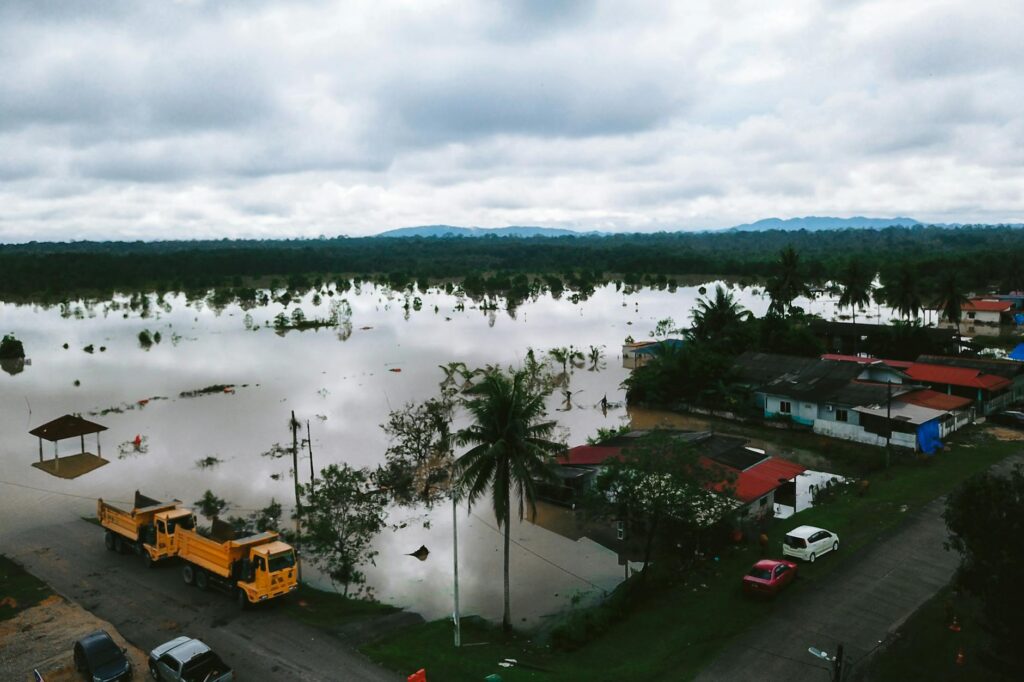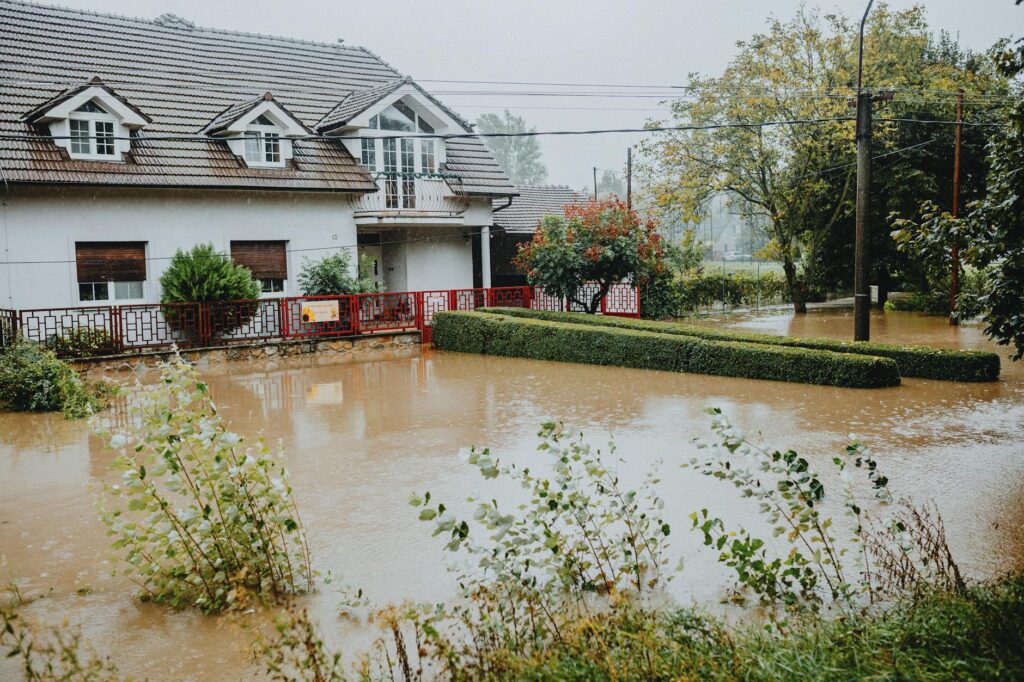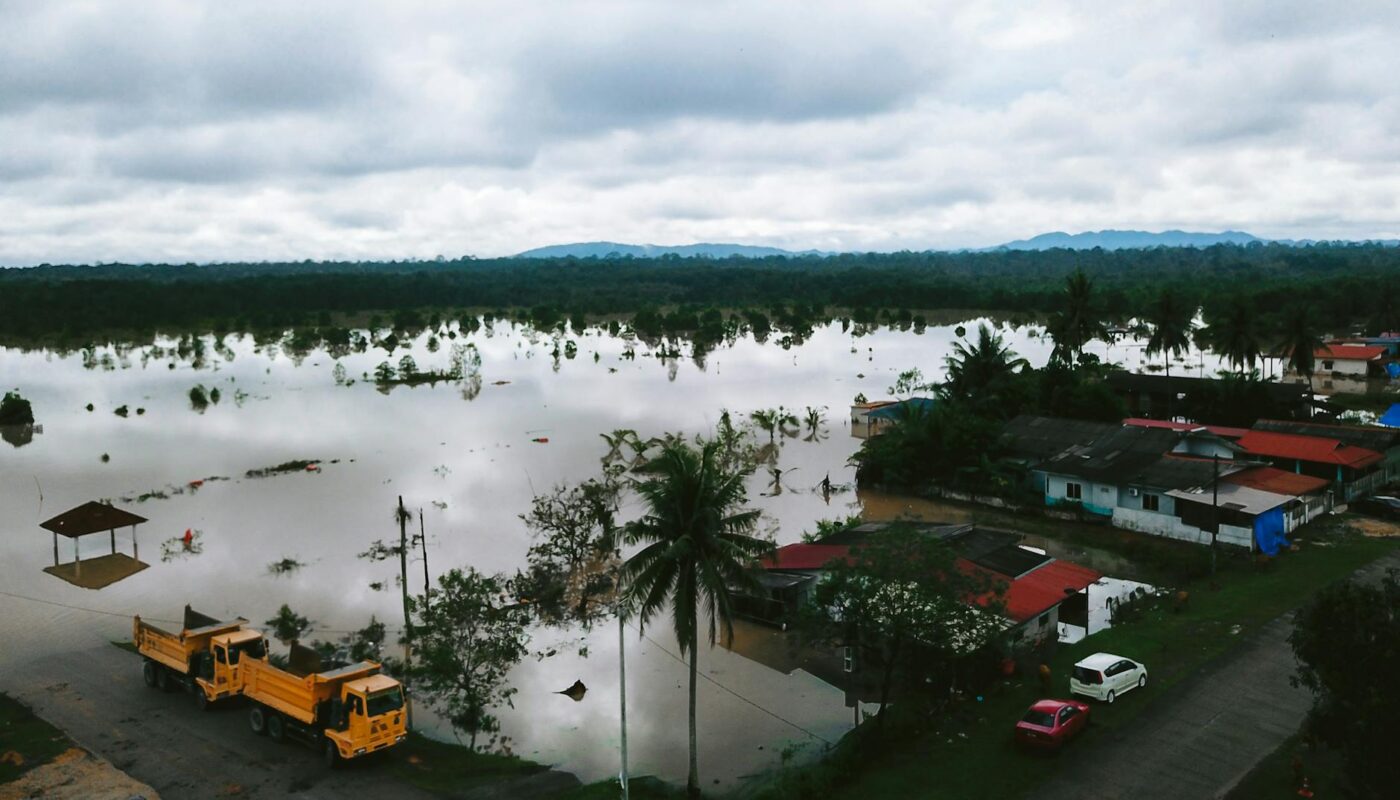Understanding the difference between water damage and flood damage is crucial when considering insurance. Many assume their homeowner’s insurance covers all water-related damage, but this isn’t always true. This post will clarify the distinctions and help you determine the right coverage for your needs.
What is Water Damage?
Water damage typically refers to damage caused by issues originating *inside* your home. This includes burst pipes, overflowing toilets, malfunctioning appliances like washing machines or dishwashers, and leaky roofs.  Homeowner’s insurance policies usually cover water damage, but there are often exclusions and limitations, such as damage caused by negligence or lack of maintenance. For example, if you fail to address a slow roof leak and it results in significant damage, your claim might be denied or partially paid. It’s essential to review your specific policy details carefully.
Homeowner’s insurance policies usually cover water damage, but there are often exclusions and limitations, such as damage caused by negligence or lack of maintenance. For example, if you fail to address a slow roof leak and it results in significant damage, your claim might be denied or partially paid. It’s essential to review your specific policy details carefully.
What is Flood Damage?
Flood damage, on the other hand, is caused by water overflowing from a natural body like a river or lake, or from unusually high water tables. It can also include damage from heavy rainfall, storm surges, and even dam failures.  This type of damage is typically *not* covered by standard homeowner’s insurance policies. Instead, you need a separate flood insurance policy.
This type of damage is typically *not* covered by standard homeowner’s insurance policies. Instead, you need a separate flood insurance policy.
Homeowner’s Insurance vs. Flood Insurance
The key difference lies in the source of the water. Homeowner’s insurance covers water damage from sources *within* your property, while flood insurance covers damage from sources *outside* your property. Understanding this distinction is critical to avoiding costly surprises. If you live in a high-risk flood zone, purchasing flood insurance is a smart financial decision. You can check your flood risk by visiting the FEMA website.
Understanding Your Policy Exclusions
Both homeowner’s and flood insurance policies come with exclusions. These are specific types of damage that the policy won’t cover. For instance, homeowner’s insurance may exclude damage caused by prolonged or gradual leaks you failed to address. Similarly, flood insurance might exclude damage from sewer backups or groundwater flooding, depending on the policy. Learn about common policy exclusions to avoid unexpected costs.
The Cost of Insurance
The cost of flood insurance varies depending on several factors, including your location, the type of structure you insure, and the level of coverage you choose. It’s often more affordable than many anticipate, especially when weighed against the potential cost of flood damage repairs. Getting multiple quotes can help you find the best value. [IMAGE_3_HERE] The cost of not having flood insurance, however, can be devastating. Consider consulting a financial advisor or insurance professional for personalized guidance. You should also explore options for mitigating risk, such as installing flood barriers.
Protecting Your Home
Whether you live in a flood-prone area or not, taking steps to protect your home from both water and flood damage is essential. Regular maintenance, such as checking for leaks and ensuring proper drainage, can significantly reduce your risk. For more information on risk mitigation strategies and flood safety, visit the National Flood Insurance Program website.
In conclusion, understanding the difference between water damage and flood damage is crucial for protecting your home and finances. By reviewing your insurance policies and taking proactive measures, you can minimize the risk of significant financial loss.
Frequently Asked Questions
What is the difference between a sewer backup and a flood? A sewer backup is caused by a blockage in the sewer line, while a flood is caused by overflowing water from a natural source or heavy rainfall. Many policies handle these differently.
Do I need flood insurance if I don’t live in a high-risk flood zone? While the risk is lower, it’s still possible to experience flooding even in low-risk areas. Consider the potential cost of damage and the relatively low cost of flood insurance.
What should I do if I experience water damage? Contact your insurance company immediately, take photos and videos of the damage, and if possible, take steps to mitigate further damage (e.g., remove excess water).
How can I find affordable flood insurance? Shop around and compare quotes from multiple insurers. Consider increasing your deductible to lower your premium. Also, explore any available discounts.
What should I do before purchasing flood insurance? It’s recommended to read reviews of the insurance company and to understand the terms and conditions of the policy carefully before committing to a plan.



